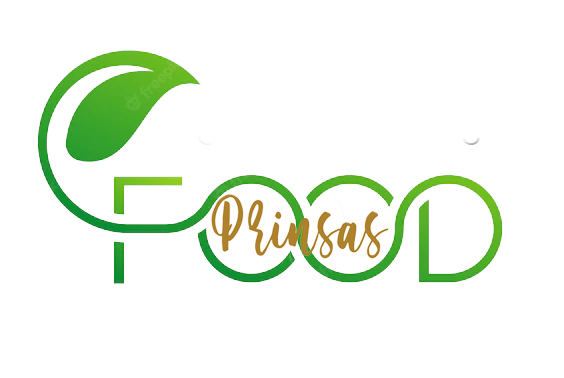Dehydrated foods are gaining traction in global markets not just for their convenience and shelf life but also for their positive impact on the environment. With growing concerns about sustainability and food waste, dehydrated fruits, vegetables, and herbs are emerging as eco-friendly solutions that align with consumer values. Here’s how choosing dehydrated foods helps the planet while offering a nutritious and versatile option.
1. Reducing Food Waste
Food waste is a significant global issue, with an estimated one-third of all food produced being wasted. Dehydration plays a crucial role in reducing this problem by extending the shelf life of perishable items.
- Prolonged Freshness: Dehydrated foods retain their nutrients and flavors for months or even years, preventing spoilage.
- Upcycling Produce: Fruits and vegetables that don’t meet cosmetic standards but are otherwise fresh can be dehydrated, reducing the amount of food discarded.
For example, dehydrating overripe bananas or blemished mangoes ensures they don’t go to waste, transforming them into delicious, long-lasting snacks.
2. Lower Carbon Footprint
Transportation is a major contributor to greenhouse gas emissions in the food industry. Dehydrated foods offer a more efficient alternative due to their reduced weight and volume.
- Efficient Shipping: Dehydrated products weigh significantly less than fresh produce, allowing more goods to be transported in a single shipment. This reduces fuel consumption and carbon emissions.
- Local Sourcing: By sourcing and processing locally, companies can further minimize transportation-related environmental impact.
Dehydrated foods, therefore, support a more sustainable supply chain, especially for global distribution.
3. Minimal Packaging
Packaging waste, especially plastic, is a pressing environmental concern. Dehydrated foods require less packaging compared to fresh or frozen alternatives.
- Compact Packaging: Smaller, lighter packaging reduces material usage.
- Eco-Friendly Materials: Many dehydrated food manufacturers are transitioning to biodegradable or recyclable packaging, further reducing their environmental footprint.
Consumers looking for sustainable options will appreciate products with minimal and eco-conscious packaging.
4. Energy Efficiency in Production
Modern dehydration methods have become increasingly energy-efficient, making the process more sustainable.
- Renewable Energy: Solar-powered dehydration systems are becoming more common, particularly in tropical regions like Sri Lanka.
- Low Energy Consumption: Dehydration uses significantly less energy compared to freezing or canning, making it a greener alternative.
By investing in energy-efficient technology, manufacturers can meet consumer demand for sustainable products while reducing operational costs.
5. Promoting Sustainable Diets
Dehydrated foods align with the global shift toward sustainable eating habits. They provide a convenient way to incorporate fruits, vegetables, and herbs into diets without the environmental costs associated with fresh imports.
- Convenience Meets Sustainability: Busy consumers appreciate the ease of storing and using dehydrated foods while making eco-friendly choices.
- Support for Local Agriculture: Dehydration helps local farmers reduce waste and earn more by preserving surplus produce.
Conclusion
Choosing dehydrated foods is not only a smart culinary decision but also an environmentally responsible one. By reducing food waste, lowering carbon footprints, and promoting sustainable production, dehydrated foods contribute to a healthier planet.
Explore the range of eco-friendly dehydrated products at Prinas Food Innovations and join the movement toward sustainable eating. Let’s work together to build a better future—one bite at a time.

Leave a Reply